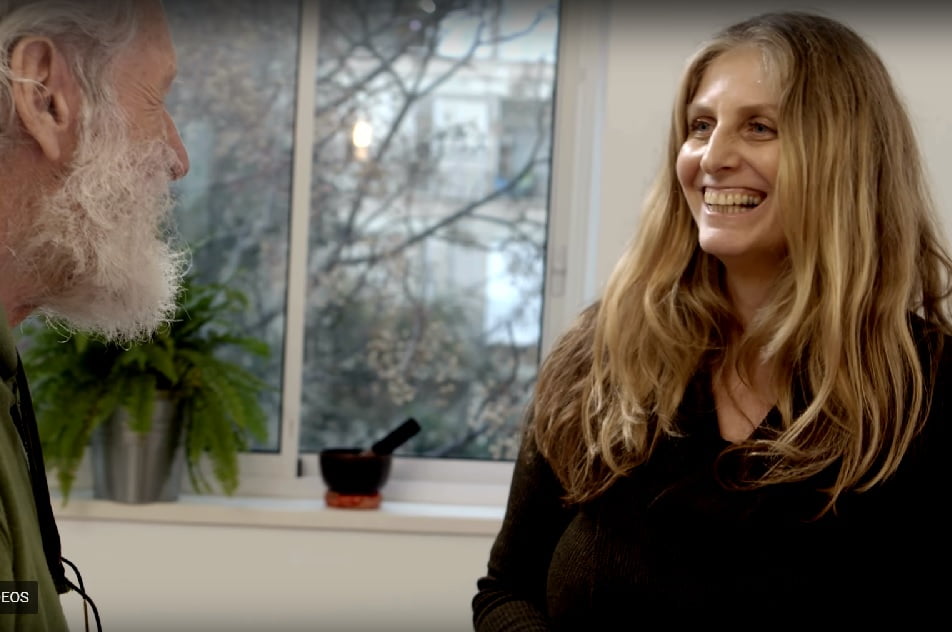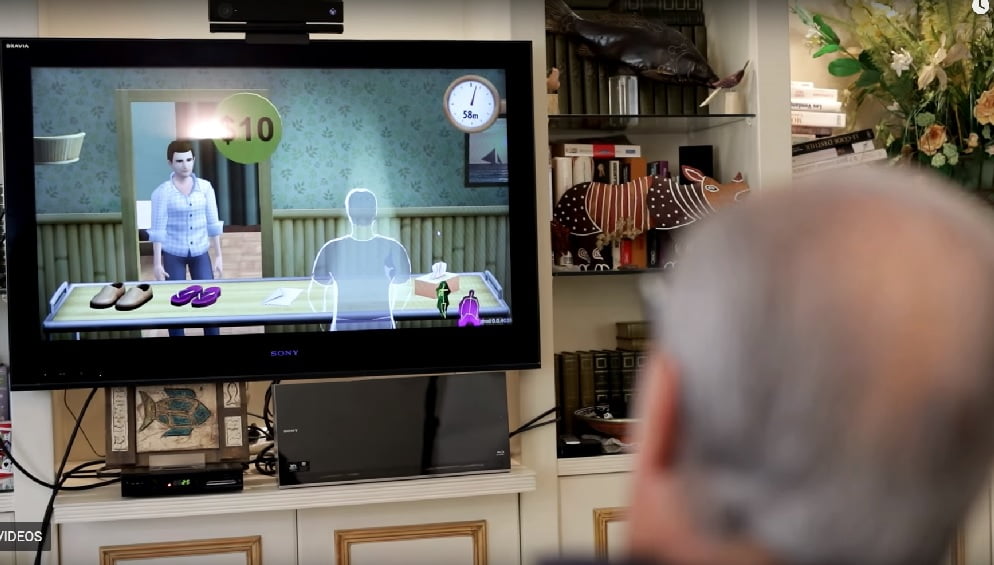There are few things as devastating as receiving news that a loved one has suffered a traumatic brain injury. Another blow is sometimes hearing that after a period of physical recovery, the treatment is finished and a long rehabilitative process is ahead, possibly at the patient’s expense. The rehabilitative team may say that the situation should be accepted “as is,” and that part of rehabilitation is indeed accepting the situation.
When this moment came for Israeli neuroscientist Dr. Son Preminger, whose father suffered such a brain injury after an accident and was in need of additional therapy outside the realm of the national health system, she set about determining how to improve the rehabilitative process not only for him, but for everyone. The result is Intendu, an Israel-based healthcare startup co-founded in 2012 by Preminger with a mission to improve cognitive rehabilitation of people with brain dysfunction.
SEE ALSO: Israeli Scientists Discover The Brain Mechanism Behind Successful Multitasking
Dr. Preminger, with a PhD from Israel’s Weizmann Institute of Science and an MBA from Harvard, tells NoCamels that she, along with co-founder Dr. Barak Blumfeld, set up Intendu to ensure “that everyone that needs cognitive training will be able to use it everywhere and it will be affordable and accessible for everyone.”
How does it work?
Through a cloud-based platform with adaptive video games combining physical activity and “interaction within real-life complex environments,” people with brain impairments can train, improve and possibly rehabilitate eight cognitive skills including “behavioral control, initiation, response inhibition, shifting, planning, decision making, attention, and working memory.”

Dr. Son Preminger, founder of Intendu. (Screenshot, Intendu video)
It is intended for candidates with an least one functional arm and who are over 13 years of age and is currently being used in rehabilitative centers in the US, the UK and Israel as the company looks to expand further.
Intendu also rolled out a home training console, the Intendu Brain Trainer, this summer to add to their already available products. The Brain Trainer consists of a 3D camera console that can be attached to a television screen or a computer and a software subscription of $49.99 per month (the first month free) with a $199 one-time payment for the console. While this is often cheaper than the cost of one session with a private therapist, Intendu hopes that insurance plans will eventually pay for the software.
While the tech is designed to aid those with traumatic brain injuries, Dr. Preminger told NoCamels that “the technology and product are in principle suitable for any other brain disorder that involves cognitive impairments” such as Alzheimer’s, schizophrenia, depression, autism, or Parkinson’s.
The software can be used in institutions with a clinician or in a home setting with or without a therapist. For example, therapists can assign the software as “homework” or use it in their private sessions. Those who can’t afford a therapist can have the clinician remotely assign games.
Each video game is designed to train one cognitive skill. At the Intendu headquarters in the central city of Herzliya, Dr. Preminger demonstrated several of the games, with each of the simulations reflecting real-life scenarios. A game focusing on developing the user’s adaptivity, for example, required the user to match the clothing of individuals according to changing rules. Similarly, a grocery store game focused on multitasking required the user to select food and manage a budget.
Sign up for our free weekly newsletter
SubscribeRevolutionizing Rehabilitation
Alternative options for individuals with brain injuries include personal therapists or software for tablets or computers. While both can be useful, there they have their limitations. Therapists can be expensive and may require the patient, or his or her family, to travel. Given that the patients have cognitive malfunctions, the lack of mobility can be a deterrent.
Intendu’s product sets itself apart for several reasons. First, the Intendu experiences are very realistic and are intended “to simulate the way you operate in real life,” says Dr. Preminger. Second, the games require physical motion, unlike some software that can help strengthen the patient’s cognitive abilities but are limited in practicality. After all, “in real life, you don’t just click with your finger. When you need to remember something in the supermarket, you think while walking in the aisles,” she said.
SEE ALSO: Cannabis Can Reverse Aging Process And Enhance Brain Performance
Third, the software uses Artificial Intelligence algorithms to be “adaptable in a multi-model aspect,” she added, meaning Intendu adapts “the game in real time, the cognitive challenge, the physical challenge, the speed…to enable the person to always have the game in the level that they need; not too easy and not too difficult.” This allows the player to progress at their own pace.
It is also a game-changer for patients in rural or more remote areas who are not near any rehab centers or don’t have the means to get to one.
Making Waves
Currently, Intendu says its home consoles have users in Europe, Australia, Canada, Israel, and the United States. In the US and Israel alone, there are 30 rehabilitation centers using the technology with future expansion on the horizon, Dr. Preminger told NoCamels.
So far, the company has raised over $3 million, the latest a Series A round last June of $2,150,000, a year after it was incubated at the Microsoft accelerator in Tel Aviv. Its backers include Israeli venture capital firms Impact First Investments, OurCrowd and Eva Ventures.
This summer, Intendu was one of the finalists at the global Chivas Venture competition, a competition for businesses that are “creating positive change and a better future.”
Related posts

Editors’ & Readers’ Choice: 10 Favorite NoCamels Articles

Forward Facing: What Does The Future Hold For Israeli High-Tech?

Impact Innovation: Israeli Startups That Could Shape Our Future




Facebook comments